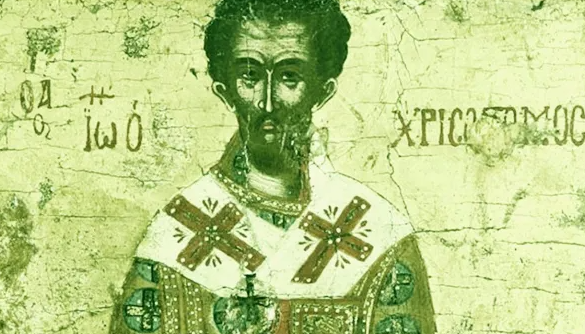Saint John Chrysostom: Orator and Theologian
Saint John Chrysostom is a towering figure in Christian history, known for his powerful oratory and deep theological insights. As both an influential preacher and a church leader in the late 4th and early 5th centuries, Chrysostom’s teachings continue to inspire and resonate with many today. Understanding his life and contributions can provide valuable insights into early Christian thought and its lasting impact.
The Life of Saint John Chrysostom
Born in Antioch around 349 AD, John Chrysostom was educated in rhetoric and philosophy, which laid the foundation for his later eloquent preaching style. After becoming a priest, he gained fame for his compelling sermons that attracted large audiences. His unique ability to connect Scripture with the practical concerns of daily life endeared him to the faithful and established him as a prominent church figure. Chrysostom eventually became the Archbishop of Constantinople, where he continued his work of reform and community engagement, all while facing significant opposition.
The Art of Oratory
Chrysostom’s legacy as one of history’s greatest orators is rooted in his dynamic speaking style and ability to convey complex theological ideas in relatable terms. He masterfully employed rhetoric, using metaphors, anecdotes, and vivid imagery to keep his audience engaged. His sermons often tackled social issues, emphasizing the importance of charity and justice, making them accessible to the common person. This approach not only strengthened the faith of his listeners but also sparked discussions about social responsibility, a theme that remains relevant in today’s world.
Theological Contributions and Legacy
Chrysostom’s theological insights are equally significant. He emphasized the importance of Scripture and the power of the Eucharist, contributing to the early development of liturgical practices within the church. His writings address topics such as wealth, poverty, and the moral obligations of Christians, encouraging a approach that integrates faith with action. Despite facing exile and persecution for his beliefs, his resilience and commitment to his principles left a profound mark on both Eastern and Western Christian traditions. His feast day is celebrated on September 13, a testament to his enduring influence.
In conclusion, Saint John Chrysostom stands as a remarkable figure whose life as an orator and theologian continues to inspire generations. His eloquent preaching and deep theological insights have left an indelible mark on Christian thought. To delve deeper into his teachings and explore their relevance today, consider reading his sermons or studying his interpretations of Scripture. Engaging with his work can enrich your understanding of faith and inspire action in your own life.

